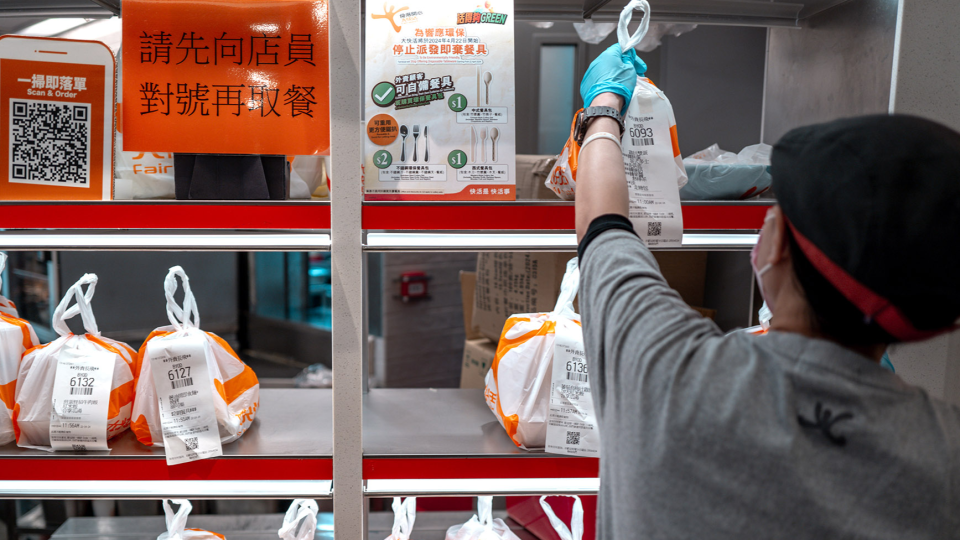October 8, 2024
HONG KONG – The Environmental Protection Department reminded the public on Monday that the six-month adaptation period for the ban on single-use plastic tableware ends on Oct 21, as it noted that various sectors in the city have adapted well to the new regulation.
An EPD spokesperson said in a statement that the regulation has started a trend of waste reduction across various sectors, with restaurant chains indicating that approximately 80 percent of their customers have chosen not to require takeaway cutlery.
The spokesperson added that about 30 percent of restaurants also no longer provide any takeaway cutlery as many takeaway customers have gradually adapted to having their own reusable cutlery.
“Plastic is widely used and deeply integrated into human life. However, due to its harm to the environment, there is now an international consensus: To achieve sustainable development, humanity must take action to reduce and ultimately eliminate plastic in the long term,” the statement reads.
ALSO READ: CE: Plastic tableware ban response positive
Hong Kong implemented the regulation on April 22 this year to reduce the use of disposable plastic tableware and other disposable plastic products.
Under the ban, restaurants are not allowed to offer nine types of products made of expanded polystyrene — a non-biodegradable material – including cutlery, straws, plates, cups and lids, and food containers.
Cotton buds with plastic parts, umbrella bags and many other single-use plastic products have been removed from shop shelves. Hotels are not allowed to offer plastic-handled toothbrushes and combs, shower supplies packed in plastic containers, and free plastic bottles of water in rooms.
In the retail and services sectors, property management companies have revealed that most people have become accustomed to using umbrella dryers instead of single-use plastic umbrella bags, the spokesperson said.
ALSO READ: Industry calls for more education and assistance ahead of plastics ban
The use of disposable plastic products, such as plastic balloon sticks, glow sticks, and party hats during festivities has also significantly decreased, with businesses cooperating by switching to selling alternative products, the spokesperson added.
On the other hand, the hotel sector reported that the consumption of disposable plastic items has also been reduced substantially, with many visitors expressing support for the new plastic-free measures.
The department said in May that of 7,000 restaurants it had inspected, over 70 percent had fully switched to nonplastic products. Over 90 percent of the 5,000 retail shops and hotels bureau officials visited were complying with the ban.
The spokesperson said the new regulation has encouraged habitual changes among both the public and businesses, fostering a new culture of “plastic-free, disposable-free, and green-recycling” at the community level.
READ MORE: LegCo passes bill to regulate disposable plastic tableware
According to official statistics, an average 200 tons of discarded plastic tableware were dumped at Hong Kong’s landfills daily in 2019. This is equivalent to roughly 14.6 billion pieces of plastic cutlery, or up to 1,940 pieces by each person, thrown away during the year.


